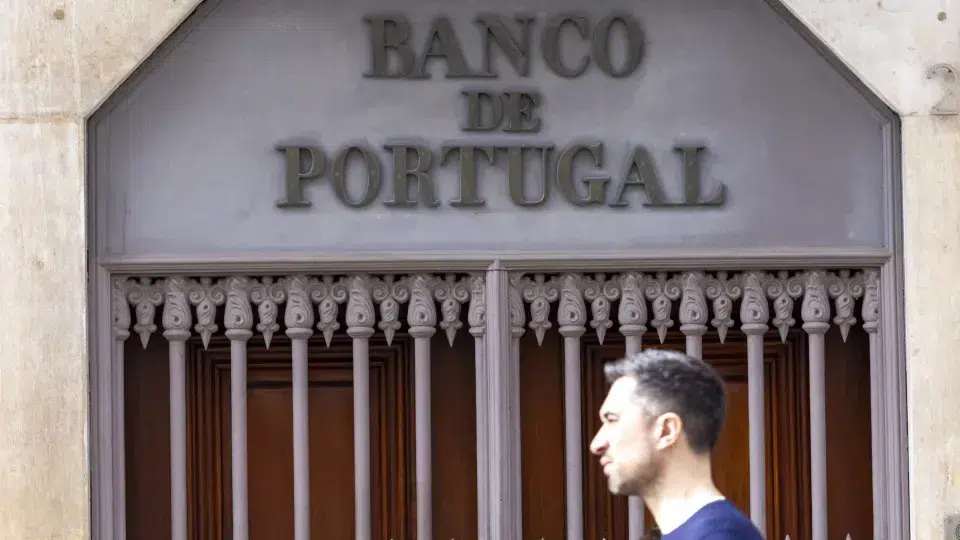
A credit intermediary is an entity that does not grant credit but intervenes in the process, presenting loan proposals from banks to consumers, such as for purchasing a home, car, or appliances. In Portugal, there are over 6,000 credit intermediaries registered with the Bank of Portugal (BdP).
During the convention of the National Association of Authorized Credit Intermediaries (ANICA) in Lisbon today, Ricardo Sousa, Director of the Behavioral Supervision Department at BdP, noted that there is a “significant level of opacity in the way some credit intermediaries operate,” as most contracts are with only one or two banks, despite each intermediary typically working with an average of five banks.
“This means the client may be led to believe they are getting the best offer from all the institutions that the intermediary represents when, in reality, they are only comparing the options the intermediary chose to present,” said the banking regulator and supervisor.
Ricardo Sousa announced that the Bank of Portugal will soon propose changes to the legal framework governing credit intermediaries to the Government.
The proposals include measures to enhance transparency in the sector for clients.
The BdP aims for credit intermediaries to provide their clients with credit simulations from all banks they work with, up to a maximum of five, to “enable the consumer to truly compare alternatives.”
The central bank also advocates for greater transparency regarding the remuneration paid by banks to intermediaries, requiring all credit proposals to disclose the commission the intermediary will receive or the formula used to calculate this amount.
“Specifically, as is already the case with home loans, the remuneration should be communicated to the consumer simultaneously with the standard information sheet,” stated the BdP official.
The BdP also wants to prohibit banks from paying cash incentives to intermediaries, except for symbolic tokens of appreciation that have no remunerative character.
The proposal includes banning remuneration linked to interest rates or other conditions like the contract term, as such practices contradict consumer interests and the duties of credit intermediaries, positioning them as negotiators.
The proposed revision aims to reduce the bureaucratic burden on these businesses or professionals.
“We cannot impose the same bureaucratic load on credit intermediaries as on credit institutions,” stated Ricardo Sousa, which was met with applause, explaining that there will be a proposal to reduce the documentation required from each intermediary and the information to be included in advertisements.
The BdP proposal will also mandate more continuous training for credit intermediaries.
As for data on the impact of credit intermediaries on clients, Ricardo Sousa indicated that in housing and personal loans, consumers typically pay less when using a credit intermediary than when obtaining loans directly from the bank.
Conversely, in car loans and ‘revolving’ credit, consumers generally pay more through an intermediary compared to contracting directly with the bank.
At the same conference, ANICA President Tiago Vilaça remarked that “anything that brings more transparency can only increase trust in the sector,” and as a regulated profession, credit intermediaries “must accept the demands placed upon them.”
Natália Nunes, head of the financial protection office at Deco (a consumer protection association), applauded the increased transparency in rules, particularly concerning credit intermediary remuneration, but mentioned that “there is still a long way to go” since understanding the formulas for calculating commissions paid by banks to intermediaries requires expertise.
PSD deputy Hugo Carneiro stated that the regime review should be “considered” to address various interests, including those of consumers, regulators, banks, and credit intermediaries.
After the BdP presents the proposal to the Government, it will be up to the Government and parliament to make changes to the legal framework of credit intermediaries.




